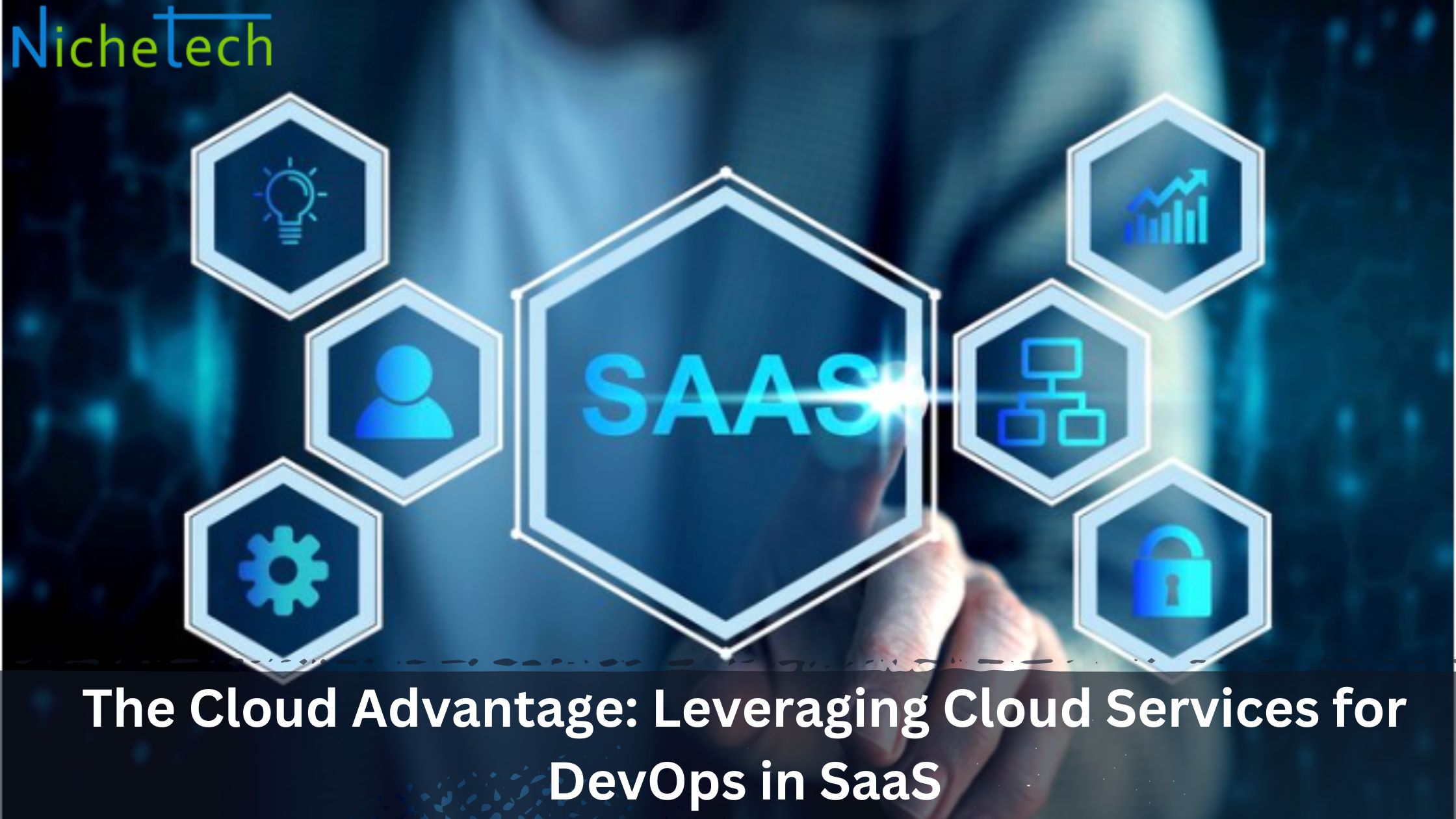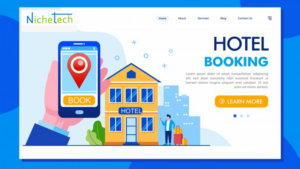In today’s fast-paced digital world, Software as a Service (SaaS) companies face constant pressure to innovate, deploy, and scale their applications efficiently. One of the most powerful strategies to achieve these goals is by integrating cloud services with DevOps practices. This combination not only enhances operational efficiency but also provides a competitive edge in delivering high-quality software. In this blog, we’ll explore how leveraging cloud services can revolutionize DevOps in SaaS environments.
Understanding DevOps and Cloud Services
What is DevOps?
DevOps is a set of practices that combines software development (Dev) and IT operations (Ops). The goal is to shorten the system development life cycle and deliver continuous integration and continuous delivery (CI/CD) with high software quality.
What are Cloud Services?
Cloud services provide scalable and flexible IT resources over the internet. These include infrastructure as a service (IaaS), platform as a service (PaaS), and software as a service (SaaS) which allow companies to use computing resources without maintaining physical servers.
Why Cloud + DevOps is a Match Made in SaaS Heaven
Traditional on-premise infrastructure can be a bottleneck for DevOps in SaaS. Here’s how the cloud empowers a more agile and efficient approach:
Faster Provisioning: Cloud services eliminate the need for physical servers and complex setups. With a few clicks, you can spin up new environments for development, testing, and deployment, allowing teams to focus on innovation.
Effortless Scalability: Cloud resources are elastic. As your SaaS offering grows, you can easily scale your infrastructure up or down to meet fluctuating demands. This eliminates the risk of over-provisioning or being caught short during peak usage periods.
Enhanced Collaboration: Cloud-based tools and platforms make it easier for geographically dispersed DevOps teams to collaborate. Everyone has access to the same resources and information, fostering smoother workflows and faster problem-solving.
Automated Efficiency: The cloud offers a treasure trove of automation tools. These tools can automate tedious tasks like infrastructure provisioning, configuration management, and deployment. This frees up valuable time for developers and operations teams to focus on higher-level activities.
Improved Security: Cloud providers invest heavily in robust security measures. Leveraging these measures allows you to benefit from top-notch security practices without the burden of managing them yourself.
Advantage of Cloud-Enabled DevOps for SaaS
By embracing cloud-based DevOps, SaaS companies can gain a significant edge:
Faster Time to Market: Rapid provisioning and automated deployments accelerate the development process, allowing you to get your SaaS product to market quicker.
Increased Innovation: The ease of experimentation in the cloud empowers you to test new features and functionalities without significant upfront investment.
Enhanced Customer Experience: Faster deployments and improved scalability translate to a more reliable and responsive SaaS application for your customers.
Reduced Costs: Eliminating the need for on-premise infrastructure reduces hardware and maintenance costs. Additionally, the pay-as-you-go model of cloud services ensures you only pay for the resources you use.
Taking the Leap: Cloud-Based DevOps for Your SaaS
If you’re looking to take your SaaS offering to the next level, consider embracing cloud-based DevOps. Here are some steps to get you started:
Evaluate your needs: Identify the areas in your current DevOps process that can benefit most from the cloud.
Choose the right cloud provider: Several cloud providers offer robust DevOps solutions. Research their offerings and select one that aligns with your specific needs and budget.
Migrate your infrastructure and tools: Develop a plan to migrate your existing infrastructure and DevOps tools to the cloud. This may involve working with a cloud migration specialist
Embrace a DevOps culture: A successful cloud-based DevOps approach requires a cultural shift within your organization. Encourage collaboration and continuous improvement across development and operations teams.
By leveraging the power of cloud computing, you can unlock the full potential of DevOps in your SaaS business. This translates to faster development cycles, improved scalability, and a more robust and secure SaaS offering for your customers.
Case Studies: Success Stories
Netflix
Netflix is a prime example of a company that has successfully integrated cloud
services with DevOps. By using AWS, Netflix can deploy hundreds of changes
every day, ensuring continuous improvement and high availability for its streaming service. The combination of cloud scalability and DevOps automation has allowed Netflix to maintain its position as a leader in the entertainment industry.
Atlassian
Atlassian, known for products like Jira and Confluence, uses cloud services to support its DevOps practices. By leveraging AWS, Atlassian has automated its CI/CD pipeline, enabling rapid development and deployment cycles. This integration has helped Atlassian to continuously deliver high-quality software to its users.
Conclusion
Leveraging cloud services for DevOps in SaaS is not just a trend; it’s a necessity for staying competitive in today’s digital landscape. The scalability, automation, collaboration, and cost-efficiency offered by cloud platforms are invaluable for SaaS companies aiming to deliver robust, reliable, and high-quality software. By embracing this synergy, businesses can accelerate their innovation, enhance their operational efficiency, and ultimately, provide a better experience for their users.
As the cloud continues to evolve, the integration of cloud services and DevOps practices will only become more critical, paving the way for the next generation of SaaS solutions.







